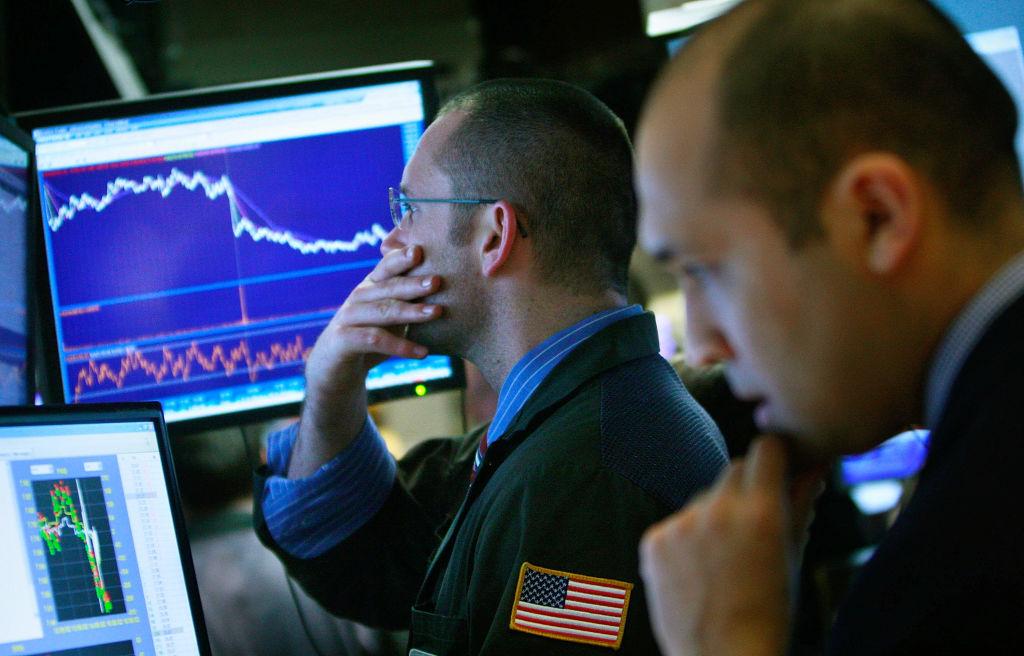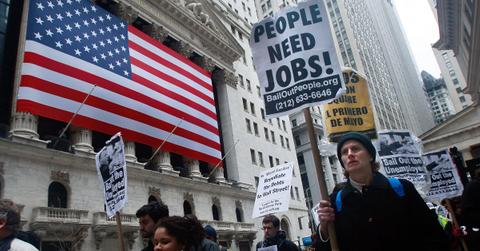Recessions Are Normal, but Are They Good for the Economy?
Recessions are normal in any economy, including the U.S. Are recessions always bad for the economy or can they be good at times? Let's discuss.
June 17 2022, Published 8:17 a.m. ET
For the average person, a recession is a dreaded word synonymous with job or income loss, negative returns on stock investments, and gloom in the economy. Recessions are normal in any economy, including the U.S. Are recessions always bad for the economy or can they be good at times?
Officially, a recession is described as negative GDP growth for two consecutive quarters. The most recent recession in the U.S. was in 2020 when the country’s economic activity tumbled due to COVID-19 restrictions. Most leading economies globally witnessed a recession in the year.
There have been 19 major recessions in the U.S.
According to The Balance, there have been 19 notable recessions in U.S. history. Looking at modern U.S. history, there have been 11 recessions since World War II. Three of the recessions have been in the 21st century. The first one was in 2001 following the dot-com bust, which was further aggravated by the 9/11 terrorist attacks.

Then came the Great Recession during the 2007–2008 Global Financial Crisis. The most recent one was in 2020 amid the COVID-19 pandemic. In brief, recessions are normal and part of economic cycles. Looking at the data since 1948, there has been a recession on average every six years. In fact, before the 2020 recession, the U.S. economy witnessed its biggest expansion in history.
Why are recessions bad?
Recessions are bad for most people and businesses. Many companies see a fall in sales and have to either cut down on hiring or resort to layoffs. Many consumers also see either a partial or complete loss of income during a recession.
It might sound counterintuitive if somebody talks about a silver lining or positives associated with a phenomenon as dreaded as a recession. However, like most other things, there's the other side of the coin to a recession also.
Why can occasional recessions be good?
During the boom time, businesses, as well as consumers, tend to spend and grow more. So, a consumer might realize during a recession that they were spending on things that they didn't really need. Similarly, businesses also get a chance to relook at their business priorities during a recession.
During boom times, not many companies look at aggressive cost-cut measures. In other words, a recession is a good opportunity for both companies and consumers to eradicate economic inefficiencies. Also, for the average person, a recession might be an opportunity to learn a new skill and explore other avenues to make money during a recession.
Zombie companies fail during a recession.
As Warren Buffett’s famous quote says, "Only when the tide goes out do you discover who's been swimming naked.” During a recession, several unviable businesses (or zombies) fail. A lot of these companies shouldn't have existed in the first place but during boom times funding as well as public and private spending keep zombie companies afloat.
Especially under the current scenario, several loss-making companies went public at exorbitant valuations amid the IPO and SPAC bubble. However, not all of them are zombie companies.
But there are plenty of zombie companies, especially among the de-SPACs that might not survive a recession. Many of the companies that went public through the SPAC reverse merger have already warned of risk in their filings, even before the economy enters a recession.
Recessions are good money lessons.
During boom times, many tend to believe that making money in stock markets is easy. There have been plenty of instances where people have lost all their savings on meme stocks or cryptocurrencies. Also, not many think of asset allocation and prudent financial planning during an economic upcycle.
As companies with shadowy fundamentals crash during a recession, investors get a money lesson on asset allocation and risk tolerance. During boom times, most people are fine with taking risks. It's only when they see their portfolio in a deep red that the realization of risk tolerance kicks in.
Finally, think of a recession as a detox for the economy. Just like a long party, the body would need to detox, and so would any economy after a period of supercharged growth. While recessions are bad in aggregate, they are needed for restoring sanity in financial markets.


